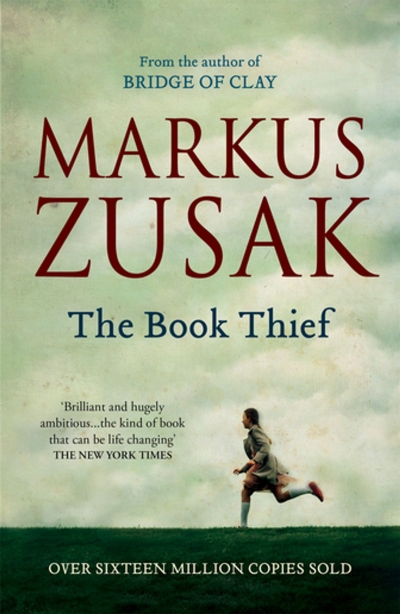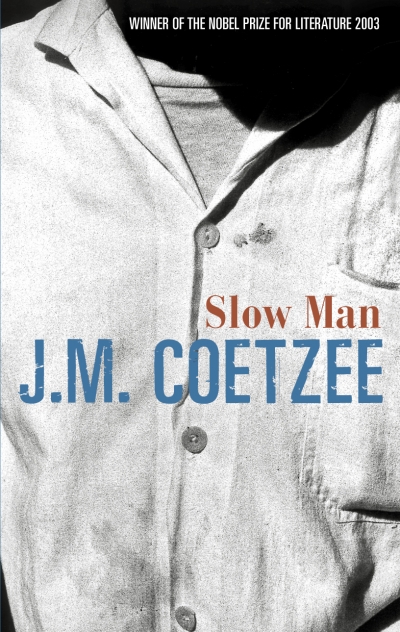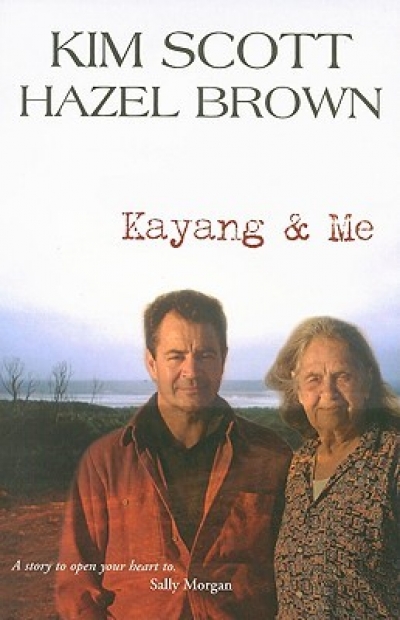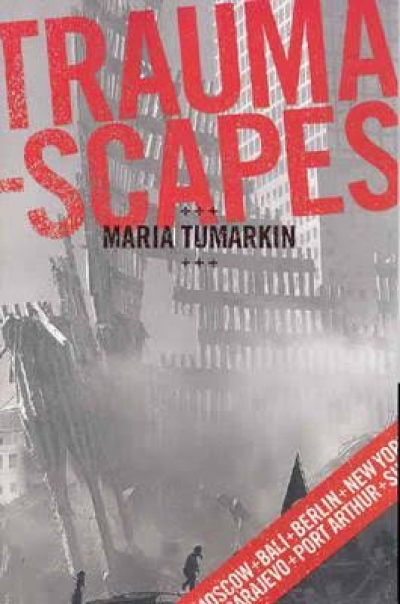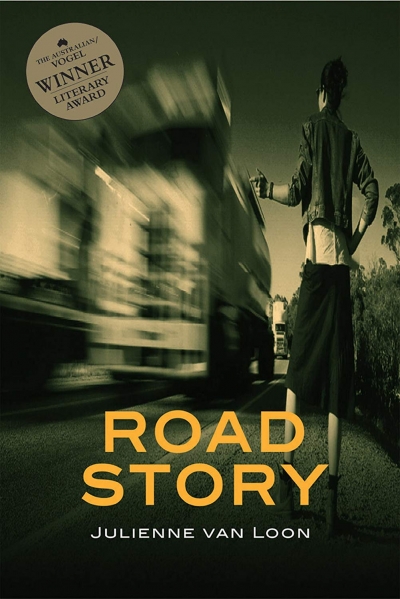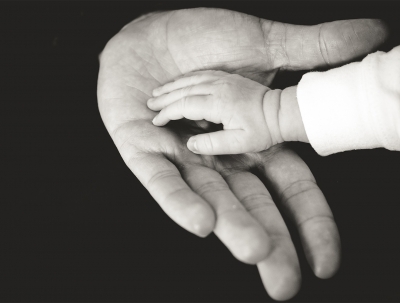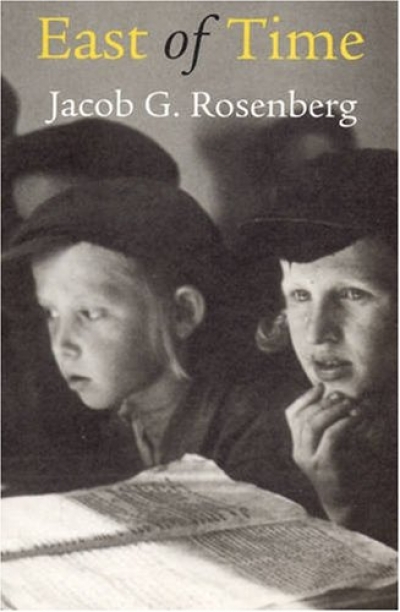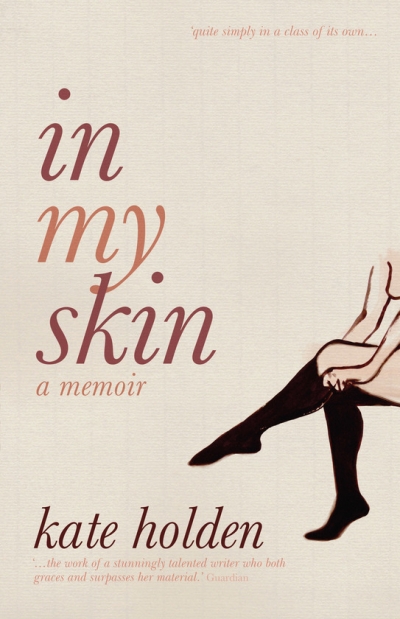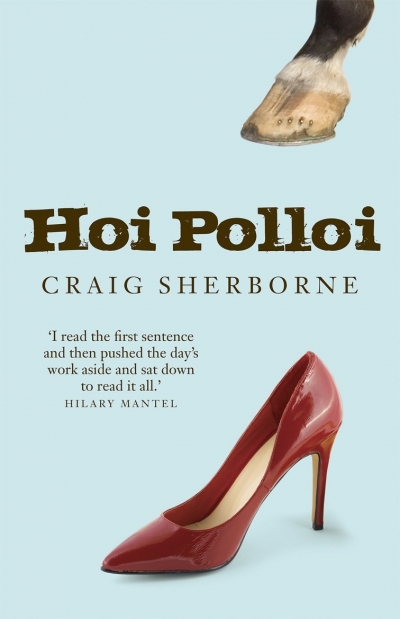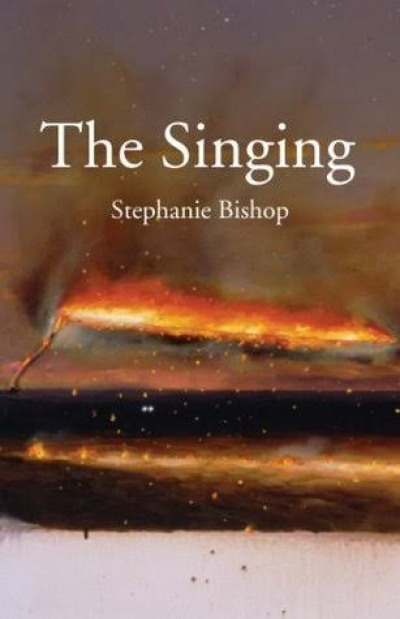Archive
Traumascapes: The power and fate of places transformed by tragedy by Maria Tumarkin
by Stephen Muecke •
Road Story by Julienne van Loon & Everyman’s Rules for Scientific Living by Carrie Tiffany
by Michelle Griffin •
At first, you find the claim that you resemble your parents implausible. Later, you find it unflattering. But there are moments when you glimpse someone in a mirror and only belatedly recognise yourself. These are the moments when you realise – it is in equal parts chastening and reassuring – that if you are moving through time as an image of your parents’ past, their image is waiting for you in mirrors: they are the ghosts that haunt your future, as it were.
... (read more)The Singing by Stephanie Bishop & The Patron Saint Of Eels by Gregory Day
by Sarah Kanowski •

